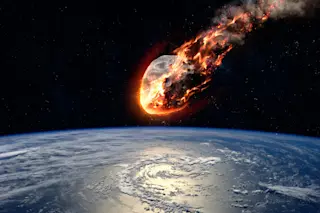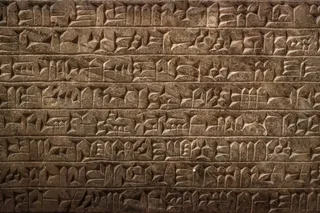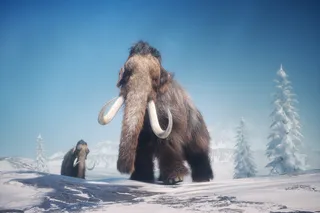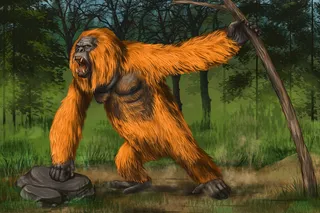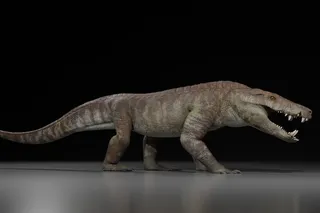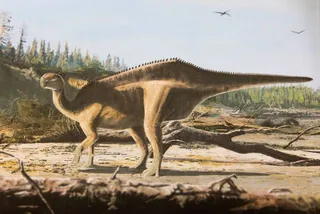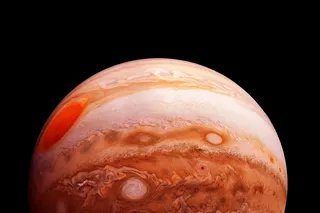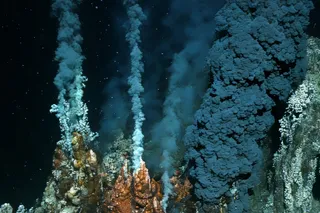Throughout Earth’s history, the planet has been struck by multiple asteroids, some so large, like the Chicxulub Impactor, that Earth’s climate was altered to the point of a mass extinction event.
However, after analyzing tiny fossilized sea creatures, a recent study in Communications Earth & Environment found that two massive asteroid hits about 35.65 million years ago did not cause a change to Earth’s climate in the long term.
Microscope image of silica droplets, or microspherules, found in the rock. (Image Credit: Natalie Cheng / Bridget Wade)
Natalie Cheng / Bridget Wade
For this study, a research team from University College London (UCL) looked at the impacts of two major asteroids from the late Eocene epoch (about 38 million to 33 million years ago).
One created a 25- to 55-mile-wide crater in the Chesapeake Bay, the fifth largest crater on Earth. The other created the 60-mile-wide Popigai crater in Siberia, ...



